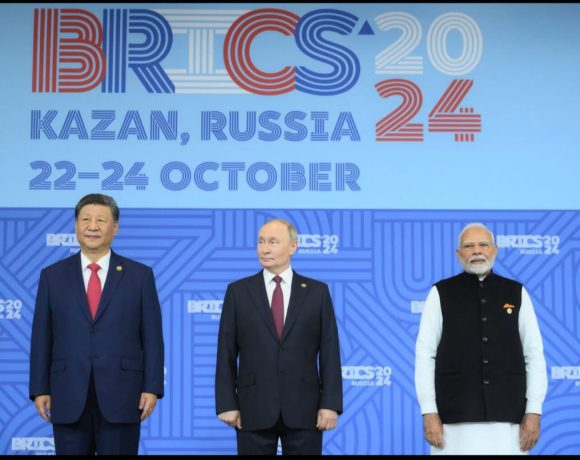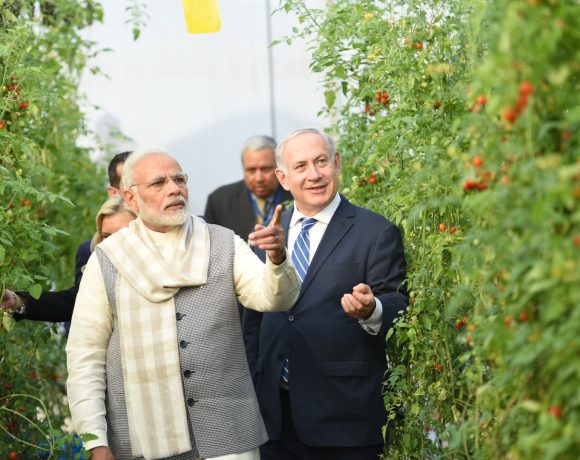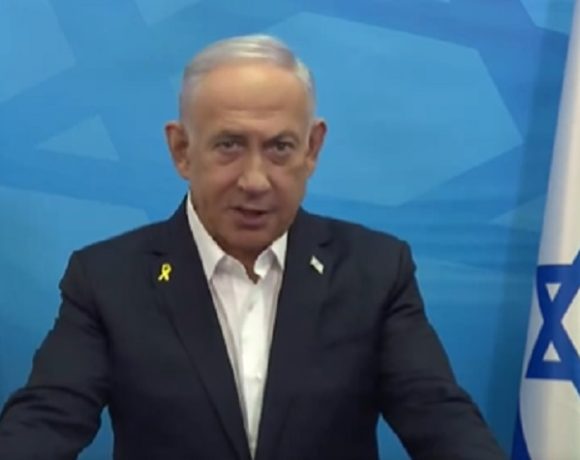
North Korea Slams Israel as “Cancer-Like Entity” After Iran Strike
North Korea has issued a sharp condemnation of Israel following its recent airstrike on Iranian territory, describing Israel as a “cancer-like entity for peace in West Asia.” The unusually strong statement was released through North Korea’s Foreign Ministry and carried by state-run media, marking Pyongyang’s most direct intervention in the ongoing Iran-Israel confrontation.
In the statement, North Korea accused Israel of launching what it called a “hideous act of aggression” and a “grave provocation” that undermines peace and threatens to ignite a full-scale war in the Middle East. The airstrike, which reportedly targeted both military and civilian sites inside Iran, drew widespread condemnation from several countries, but Pyongyang’s rhetoric stood out for its intensity and ideological undertones.
Israel Iran
North Korea said that the Israeli strike constituted an “unpardonable crime against humanity,” particularly as it came amid rising civilian casualties and the targeting of infrastructure in Iran. The statement claimed the act was encouraged and backed by Western powers, particularly the United States, which North Korea accused of “arming and shielding Zionist forces” while violating international norms.
Calling Israel a destabilizing force, North Korea argued that peace in West Asia is impossible as long as what it termed “Zionist militarism” continues unchecked. It further stated that Israel’s actions were not just directed at Iran, but were part of a broader effort to control the Middle East through fear and force, aided by a network of Western allies.
West Asia
By using the term “cancer-like,” North Korea sought to portray Israel not merely as a geopolitical rival but as an existential threat to regional peace, much in line with Iran’s official stance. Pyongyang also warned that such aggressive actions could result in a new war in West Asia, one that would draw in multiple states and risk wider global repercussions.
The timing of the statement signals North Korea’s clear alignment with Iran in the current conflict. It also reflects a broader strategic axis forming between anti-Western regimes that includes Iran, Syria, and North Korea, united in their opposition to U.S. influence in their respective regions.
North Korea’s declaration adds fuel to an already volatile situation, reinforcing its position as a vocal adversary of U.S.-backed interventions and as a supporter of those it sees as fellow targets of American aggression. As tensions continue to rise in the Middle East, Pyongyang’s rhetoric underscores the growing ideological divide shaping global responses to the conflict.


















